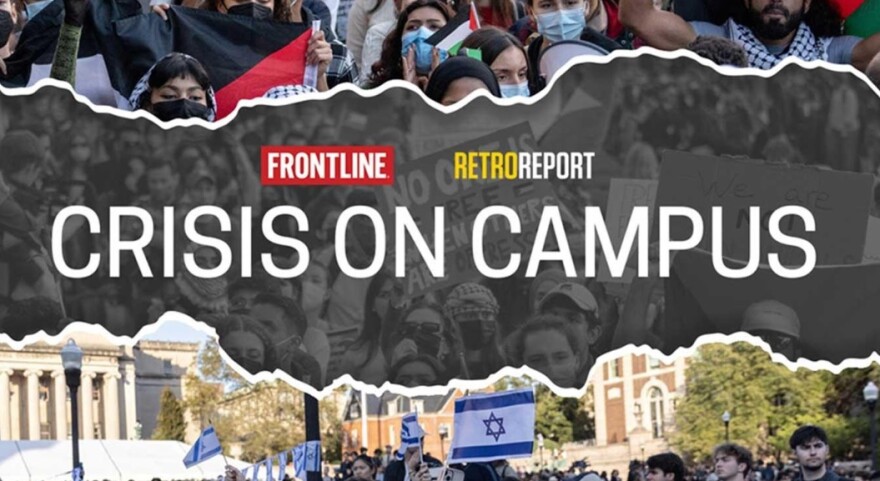In October 2023, Hamas launched a large-scale attack on Israel, which included the firing of thousands of rockets from Gaza into Israeli territory and coordinated ground assaults. During these attacks, Hamas militants infiltrated Israeli communities near the Gaza border, committing numerous violent acts against civilians. These acts included shootings, kidnappings, and other forms of brutal violence, resulting in significant loss of life and injuries among Israeli citizens. The assault caused widespread terror, leading to a major escalation in the Israel-Hamas conflict.
Since then volatile campus protests over the Israel-Hamas war have taken root on college campuses across America drawing from deep-seated political, ideological, and humanitarian concerns over the long-standing crisis conditions in Gaza.
Universities, as centers of diverse opinions and youthful activism, often reflect broader societal conflicts and debates. The Israel-Hamas conflict, being a long-standing and highly contentious issue, spilled over into the academic settings and set off a firestorm of conflict setting student groups against other student groups. The pro-Palestinian protests have been met with counter protests from pro-Israel groups and at time the outrage exploded into hate-filled rhetoric and arrests.
Many students feel a strong sense of solidarity with the Palestinian cause, viewing the situation as one of colonialism, occupation, and human rights abuses. They protest to demand justice for Palestinians, an end to the Israeli occupation, and to bring international attention to what they perceive as disproportionate violence and systemic oppression by Israel. These students often see their activism as part of a broader struggle against imperialism and for global human rights.
Conversely, pro-Israel students and groups organize counter-protests, emphasizing Israel's right to self-defense against Hamas, which is a terrorist organization that attacked, killed and kidnapped Israeli citizens. They highlight the existential threats Israel faces, the trauma of Israeli civilians, and the historical and biblical connections Jews have to the land. These groups argue that Hamas' actions and ideology are not being held to account.
These protests are amplified by social media, global news coverage, and the involvement of various political groups, making campuses a microcosm of the broader international debate. The intensity of these protests reflects the deep emotional and ethical investments of students on both sides, making campuses vibrant, albeit sometimes contentious, arenas for political discourse.
FRONTLINE and Retro Report have been following the escalating turmoil since the war began — talking to people on all sides of the divide, investigating how universities have responded, how powerful interests joined the fray, and how the conflict over the conflict ultimately spiraled out of control.
Guest:
James Jacoby is a director for FRONTLINE (Netanyahu, America & the Road to War in Gaza, Amazon Empire, Age of Easy Money). Jacoby along with Retro Report producers Scott Michels and Joseph Hogan, created “Crisis on Campus” which examines how the debate over one of the world’s most intractable and complex conflicts has gripped American college campuses.
Guests:
"The Source" is a live call-in program airing Mondays through Thursdays from 12-1 p.m. Leave a message before the program at (210) 615-8982. During the live show, call 833-877-8255, email thesource@tpr.org.
This interview will be recorded on Tuesday, June 11, 2024.



